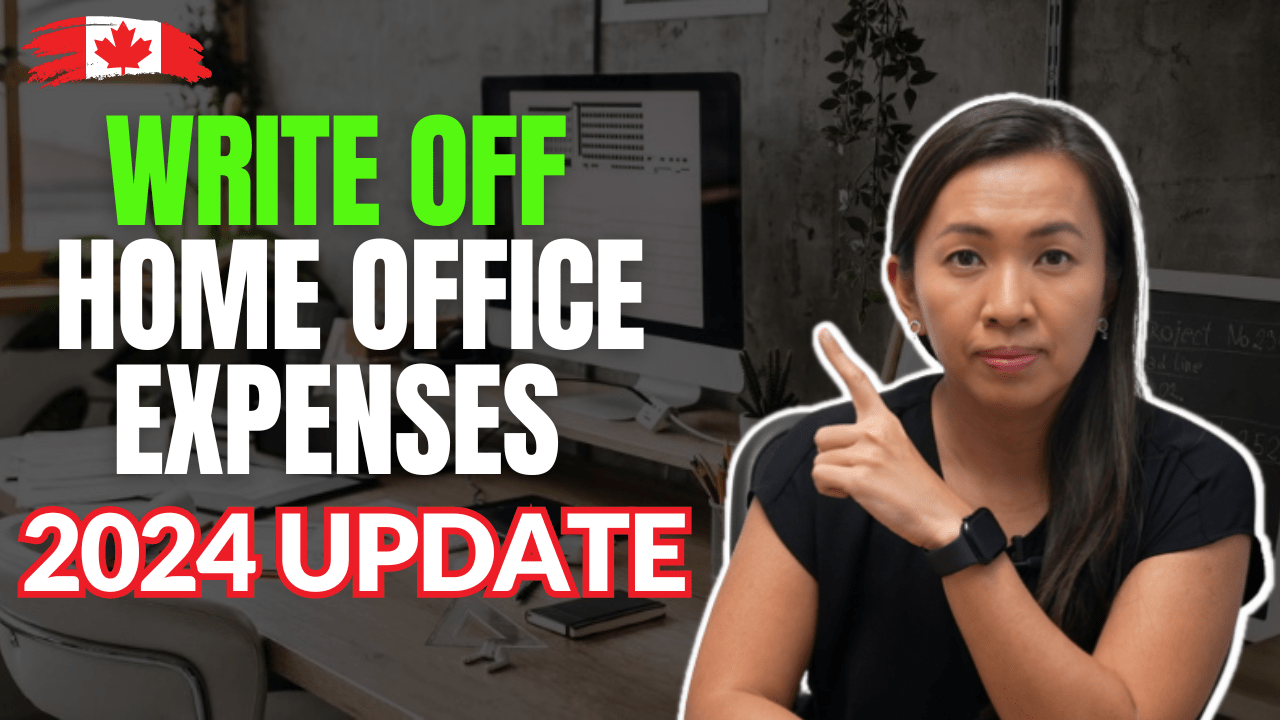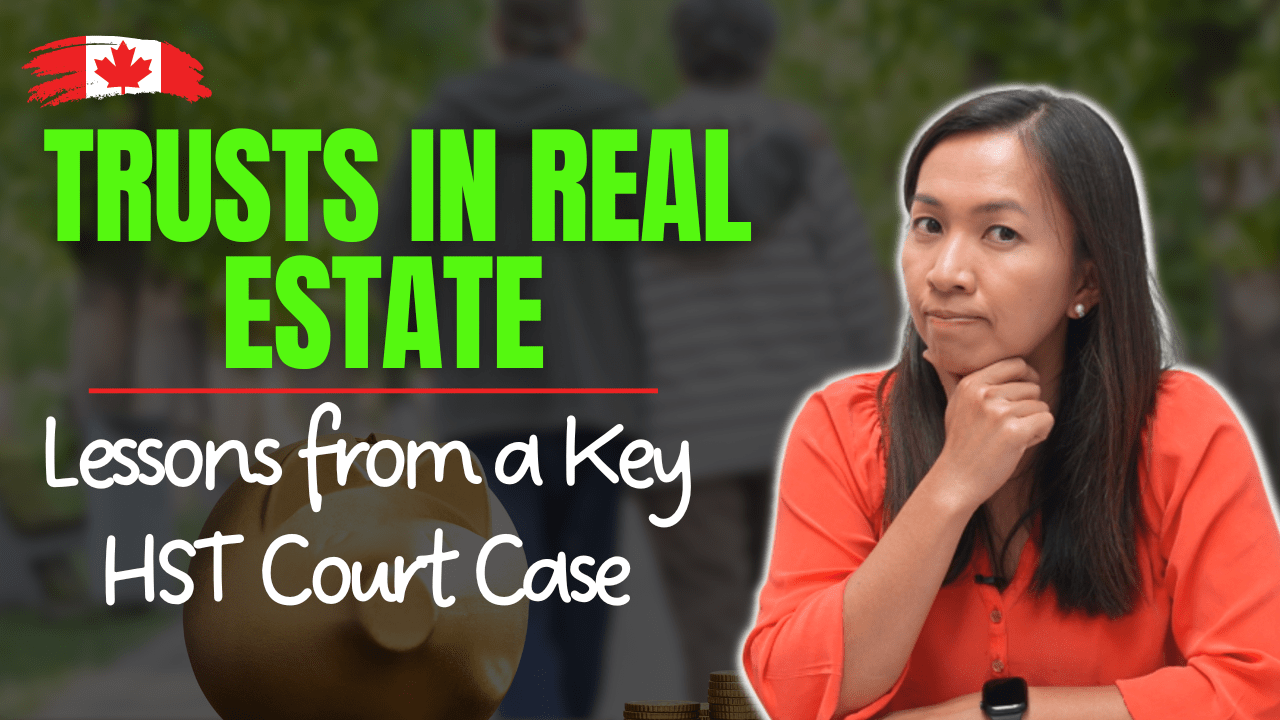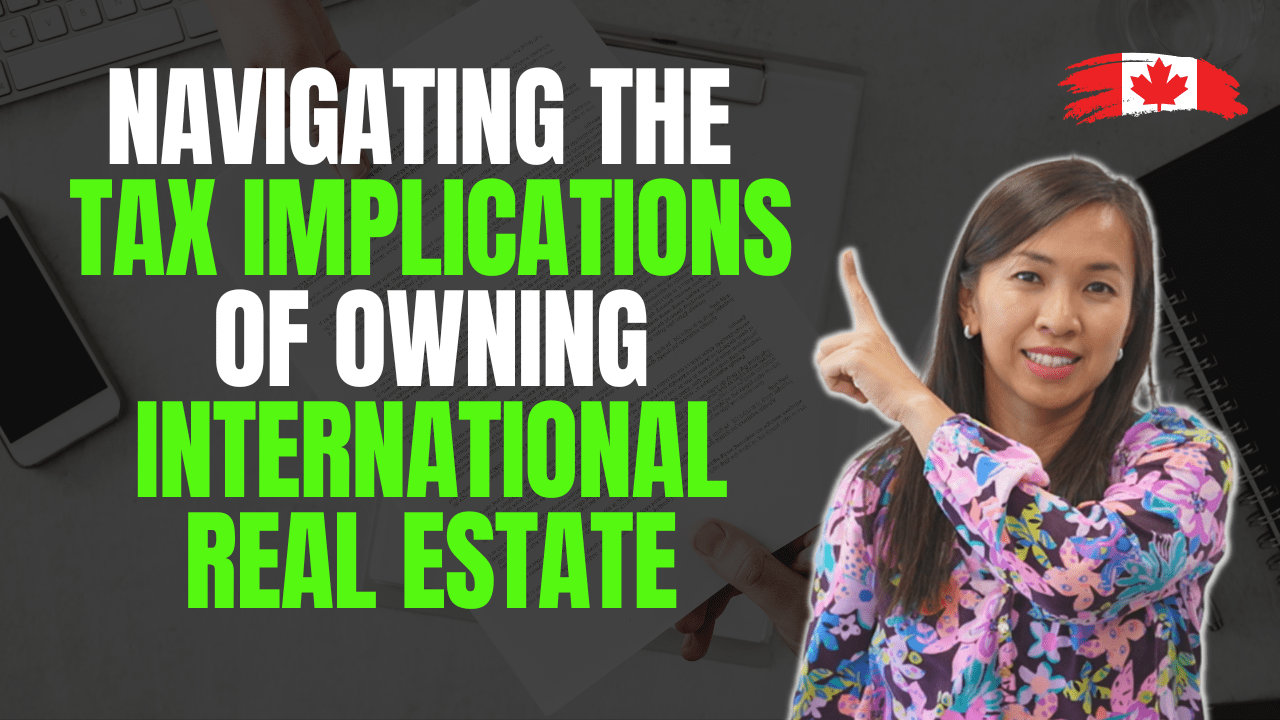 In my last blog post, we talked about what the Montreal woman should have incorporated and how she should have reported the income as active business income to avoid the expensive tax in flipping houses.
In my last blog post, we talked about what the Montreal woman should have incorporated and how she should have reported the income as active business income to avoid the expensive tax in flipping houses.
Unfortunately, income tax is not the only tax impact an investor has to worry about.
Harmonized Sales Tax (HST) impact is also something you need to keep in mind. It may or may not have an impact in your business.
If you purchase a resale residential property, substantially renovate the house and sell it immediately to a third party, you may be liable to charge the buyer HST.
The definition of “substantially renovation” is that “all or substantially all of the existing building must be renovated or replaced”. This means that over 90% of the house needs to be renovated.
90% can be calculated based on the square footage of the floor space, the total of the square footage of the floor space, or based on the number of the rooms.
An addition does not count – renovation must be done at the existing building.
In a major renovation project, this means the interior building is essentially gutted.
If you did this, you are required to charge the buyer HST on the sale, remit it to the government upon closing.
What if you’re like some of us, you decide to buy a house, substantially renovate it, and rent it out for a long-term hold to accumulate some sweat equity.
In this case, the “self supply rule” kicks in. You are required to report to the government the fair market value of the house, calculate the HST on it, claim the HST input tax credit, remit the difference to the CRA.
The idea behind it is that it would be “fair” to those people who chose to buy a brand new house which would have paid the HST on the non-taxable supplies such as labour.
A court case actually happened in 2008 whereby a builder built a house and decided to rent it out for two years. The house was subsequently sold and HST was charged on the sale two years later.
The judge concluded that the builder was liable for the HST at the time when the house was completed as a result of the self-supply rule. The subsequent sale to a third party was indeed a non-taxable event. He was required to pay for the HST in 2008 and he already paid for the HST in the subsequent sale. He paid it twice!
Note that a partial relief is available by the government for qualified investors who rent out the property to a tenant for a long-term residence (more than one year). HST rebate is available for houses less than $450K. The application process is the same as if you were to purchase a new house.
Like most people, we love to live in updated homes. Our first rental is our executive townhome in Etobicoke.
When it first became a rental property, it was only 3 years old. Our tenants love it.
We applied the same philosophy to all of our student rental investments. We renovate substantially, upgrade, make them nice and decent to attract the best students.
In some cases, we even bought new houses for our students. Fortunately, none of our renovation is considered substantial and the HST impact is minimal.
Consult your professional advisor to learn more about the HST impact in your business.
Until next time,
Cherry Chan, your real estate accountant




